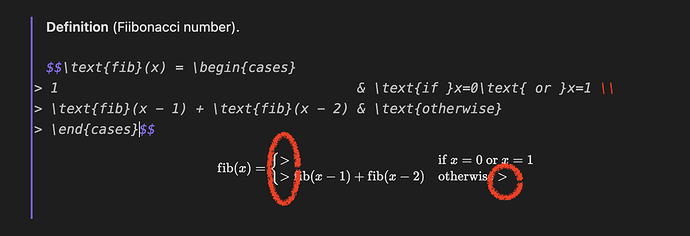First I just want to thank the Obsidian team for the great product they’ve created. I am not an Obsidian user now (event though I was considering getting back before reading this thread), but I do lack some features I was enjoying in the past with Obsidian.
I didn’t quite read the whole thread, just a few key points, and I believe that certain things were omitted that I want to address.
What it has to lose by becoming OSS
One issue with open sourcing the code would be creating the possibility for
premium features to be distributed for free. I know a few programs that distribute
their free version under an OSS license, and the paid version under an commercial one.
However, this is a non issue for Obsidian, since it claims to provide the full functionality
with the free distribution.
Another major problem I think would be the forks (as was mentioned in the thread),
and specifically users coming with issues they had on a fork and bugging the Obsidian developers. Nevertheless, I believe they could use a license that requires forks to be renamed and rebranded, and it also has a big and great community that could point to the root of the issue (to take some work from the developers shoulders).
So to be fair, if the Obsidian team is sincere it has nothing critical to lose. Again, there
are bigger and more complex FOSS projects that seem to do great despite being FOSS (not just OSS :)))).
What it has to gain from staying close sourced
(Sorry if I repeat things that were said before, I couldn’t help to read everything, but these points seemed to miss in the thread)
As the saying goes: If a product is free than you are the product. Since Obsidian seems
to have little to lose from being opensource (my opinion) why wouldn’t it trust the users
and opensource the source code? The most obvious answer to me is that:
- They have something to hide, maybe an inconvenient truth. Facebook also says on its front page that they respect your privacy.
- They want to have the possibility to do nasty stuff in the future, if it’s is sincere now. Maybe they want to sell out in the future, when their price becomes high enough? and they make sure no forks will be available for users live Obsidian for (as did GitHub or Audacity) or maybe they will want to process our data? (why should we trust them if they don’t trust us)
And the idea with selling out or changing the policy is worse than them just getting out of the business (as some proposed). Since when the app isn’t developed anymore you can still use it, look at all the packages on Linux that are not maintained for years but are still useful  . But if they change their policy, even if you use an older version of the softer, it’s very likely that there will be change in the API and all the plugins you have might become incompatible with it.
. But if they change their policy, even if you use an older version of the softer, it’s very likely that there will be change in the API and all the plugins you have might become incompatible with it.
I really hope I am just a paranoid Libre Software enthusiast, since I like the software and I would even consider getting a paid version of it if it will trust me. Cheers!



